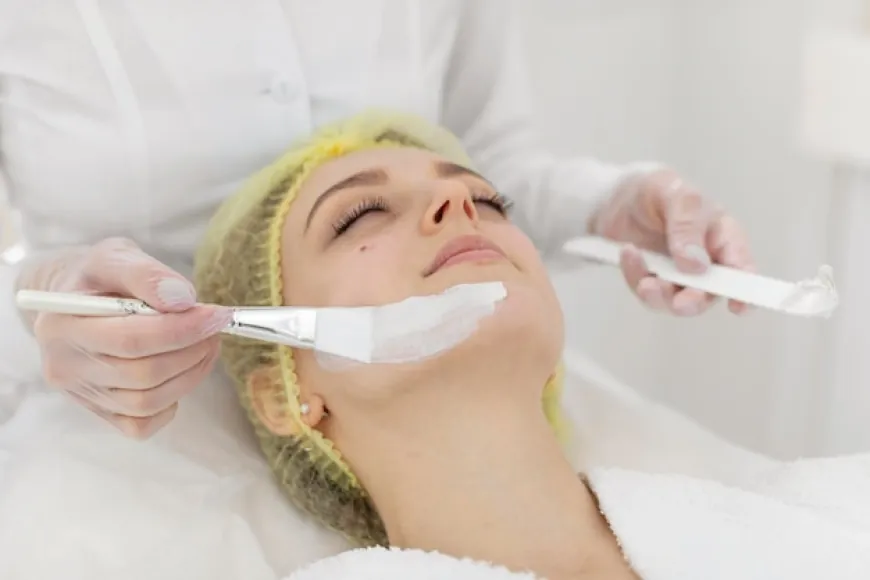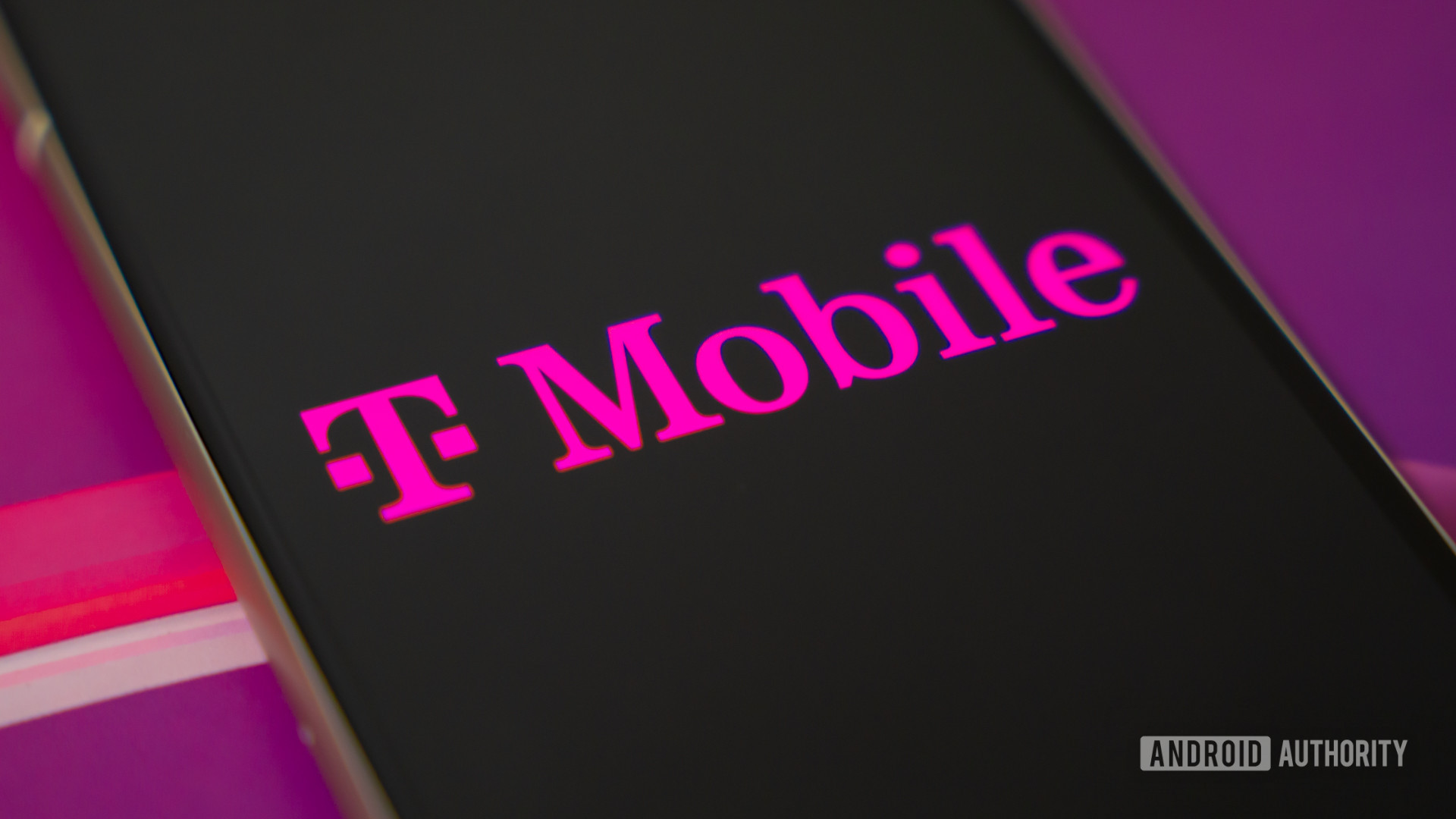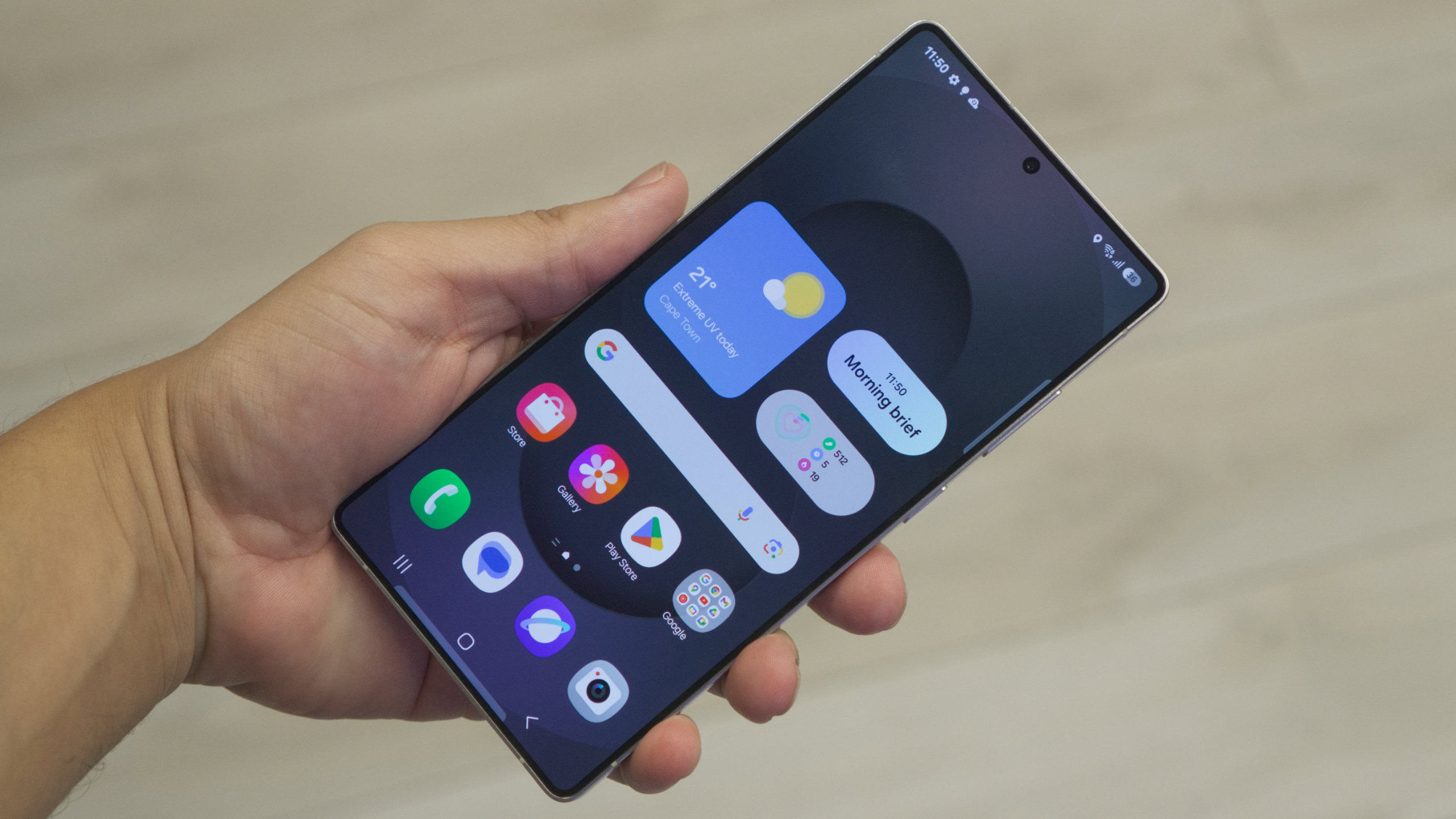Unveil Radiant Skin Today with Chemical Peels!
Experience radiant skin with our expert chemical peels in Abu Dhabi. Transform your complexion and boost your confidence today!

In the pursuit of glowing skin, chemical peels in Abu Dhabi have emerged as a popular treatment choice. Whether you're battling acne scars, sun damage, or uneven skin tone, chemical peels can provide the rejuvenation your skin needs. This article delves into the benefits, types, and process of chemical peels, ensuring you have all the information you need to make an informed decision.
What Are Chemical Peels?
Understanding Chemical Peels
Chemical peels are dermatological treatments that use a chemical solution to exfoliate the skin, removing dead skin cells and stimulating new cell growth. The result? A smoother, more radiant complexion. Chemical peels can vary in strength, targeting different skin concerns, from mild discoloration to deep wrinkles.
Types of Chemical Peels
There are three primary types of chemical peels:
-
Superficial Peels: These are the mildest form and typically use alpha-hydroxy acids (AHAs) to treat minor skin issues. They are ideal for improving skin texture and tone.
-
Medium Peels: Using trichloroacetic acid (TCA) or glycolic acid, medium peels penetrate deeper to address more significant concerns like acne scars and moderate wrinkles.
-
Deep Peels: These peels utilize phenol and provide dramatic results, targeting severe skin issues. They require more downtime but offer lasting improvements.
Benefits of Chemical Peels
1. Improved Skin Texture
Chemical peels effectively enhance the skin's texture, leaving it smoother and softer. They help remove the top layer of dead skin cells, revealing the fresh, new skin underneath.
2. Reduction of Fine Lines and Wrinkles
As we age, fine lines and wrinkles become more pronounced. Chemical peels can help diminish these signs of aging, resulting in a more youthful appearance.
3. Treatment of Acne and Scarring
For individuals struggling with acne, chemical peels can clear out pores and reduce breakouts. They can also minimize the appearance of acne scars, creating a more even skin surface.
4. Even Skin Tone
Chemical peels can address issues of hyperpigmentation and uneven skin tone, promoting a brighter, more uniform complexion.
The Chemical Peel Process: What to Expect
1. Initial Consultation
The journey begins with a thorough consultation. During this meeting, a qualified practitioner will assess your skin type, discuss your concerns, and recommend the most suitable peel for your needs.
2. Pre-Treatment Preparation
Before the treatment, you may be advised to avoid sun exposure, certain medications, and skincare products that could irritate the skin.
3. The Peel Application
On the day of the procedure, your skin will be cleansed, and the chemical solution will be applied to the targeted areas. The application time may vary depending on the type of peel being used.
4. Post-Peel Care
After the peel, you may experience redness and peeling, similar to a sunburn. It's essential to follow your practitioner’s post-treatment care instructions, which may include avoiding sun exposure and using gentle skincare products.
Are Chemical Peels Right for You?
1. Skin Concerns
Chemical peels are suitable for various skin types and can address a range of concerns, including:
- Acne and acne scars
- Sun damage
- Fine lines and wrinkles
- Uneven skin tone
2. Ideal Candidates
If you’re looking to improve the overall appearance of your skin and are committed to following post-treatment care, chemical peels might be an excellent option for you.
3. Considerations
While chemical peels are generally safe, it’s crucial to discuss your medical history and any skin sensitivities with your practitioner before proceeding.
Frequently Asked Questions (FAQs)
1. How long does it take to see results from a chemical peel?
Results can vary, but many individuals notice improvements in their skin within a week, with optimal results appearing after several weeks.
2. How often can I get a chemical peel?
The frequency of chemical peels depends on the type used. Superficial peels can be done every few weeks, while medium and deep peels are typically performed every few months.
3. Is there any downtime after a chemical peel?
Downtime varies depending on the peel’s strength. Superficial peels may require little to no downtime, while medium and deep peels may involve several days of redness and peeling.
4. Will a chemical peel hurt?
Most patients experience mild discomfort during the procedure, often described as a tingling sensation. A topical anesthetic may be applied to enhance comfort.
5. Can I combine chemical peels with other treatments?
Yes! Many individuals combine chemical peels with other treatments, such as microdermabrasion or laser therapy, for enhanced results.
Conclusion: Unveil Radiant Skin Today with Chemical Peels in Abu Dhabi!
If you're ready to enhance your skin's appearance and unveil a more radiant you, chemical peels in Abu Dhabi may be the perfect solution. With various options tailored to your unique skin concerns, you can achieve the glowing complexion you've always desired. Don’t wait—schedule your consultation today and take the first step towards beautiful, revitalized skin!
What's Your Reaction?
 Like
0
Like
0
 Dislike
0
Dislike
0
 Love
0
Love
0
 Funny
0
Funny
0
 Angry
0
Angry
0
 Sad
0
Sad
0
 Wow
0
Wow
0





















































